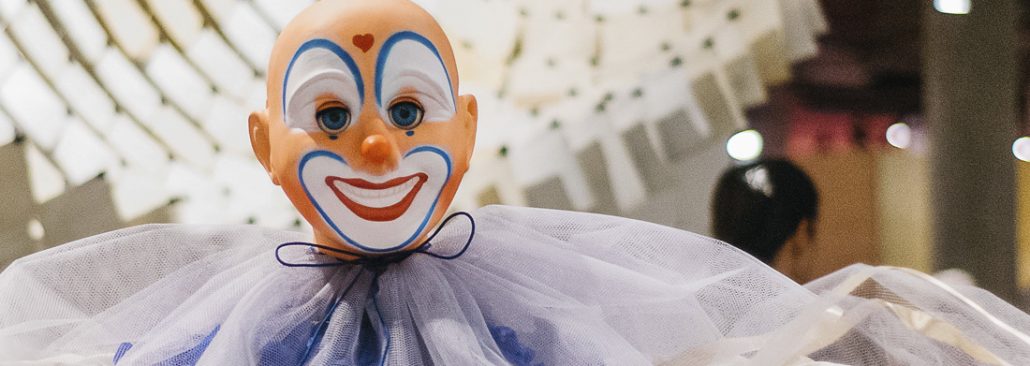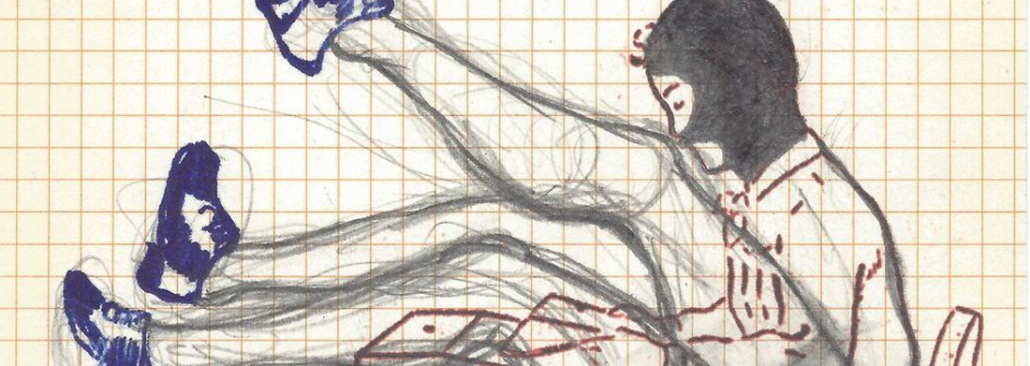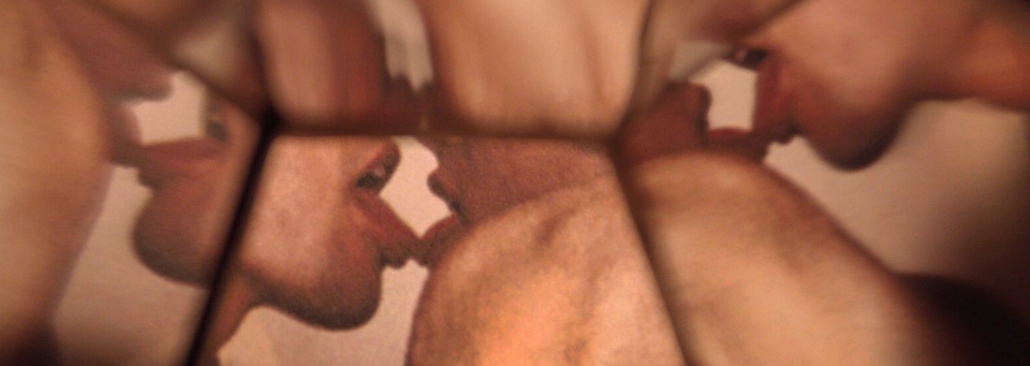Carmo do Paranaíba, 1979. Vive e trabalha em São Paulo
Alvo [Target], Revolver and Bala [Bullet/Sweet] are previously unseen works that, shown as a triptych, form a relationship of discursive reciprocity. In Bala, a life-size human doll welcomes the visitors, offering itself up for consumption: like those popular at children’s birthday parties in Brazil during the 70s, the doll’s skeleton consists of trays of coconut sweets. In Portuguese, bala can mean either “sweet” or “bullet”, the former warm and fuzzy, the latter cold and deadly. The theme of violence runs through its relationship with the other two parts of the triptych. The installation Revolver consists of the empty casings of eight revolvers up to three hundred years old. Soldered to an iron pipe, one facing the other, the guns create their own battlefield, tantalizingly offered at hand height to the public. Honório frequently uses objects with a historical charge to them, but which he imbues with present narratives, creating works that speak of the intersections of time, memory and violence. Here, the word “revolver” also has the dual meaning of pistol and something that revolves or churns.
The works presented at Frestas form a sort of self-portrait of the artist, while also reflecting upon the situation of crisis and flight in which the contemporary subject now finds itself in general terms. The final part of the triptych, Alvo, delivers a tragicomic comment on the angst and violence contained in these works: a clown’s nose is stretched out into the form of a tense smile.
[L.B.]
Obras
Revolver, 2014/2017
8 carcaças de revólveres dos séculos XIX, XX e XXI soldadas a um tubo de aço
Bala, 2015/2017
boneco-baleiro natural 1:1; balas de coco embrulhadas em papel rococó
Alvo, 2004/2017
régua de acrílico de 30 cm, haste de acrílico, nariz de palhaço profissional, elástico







